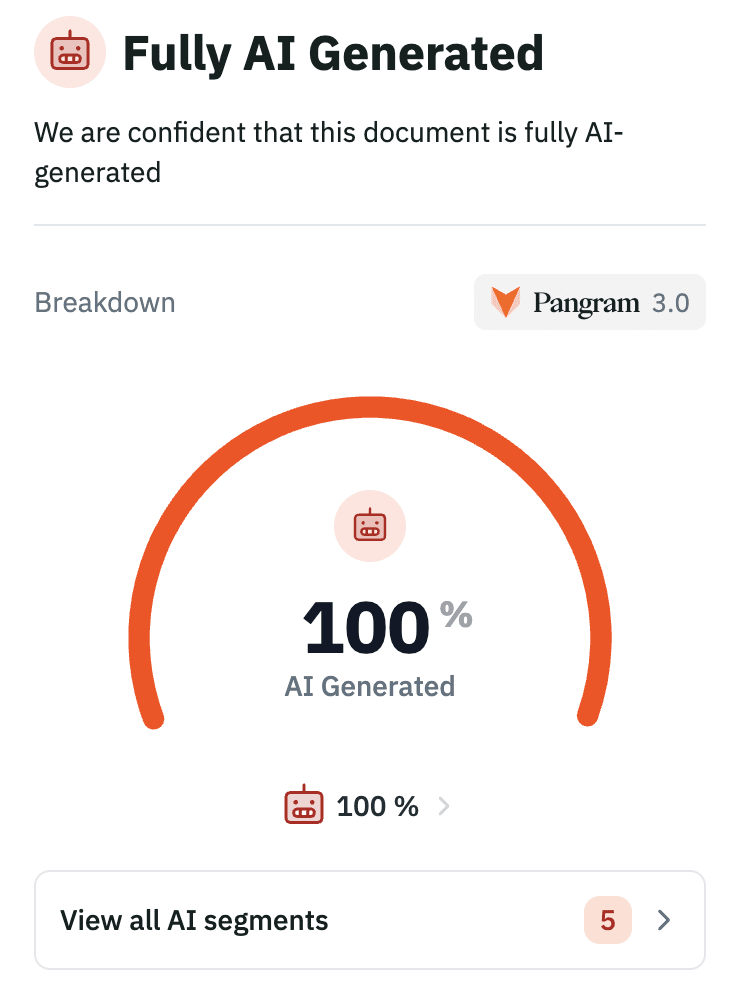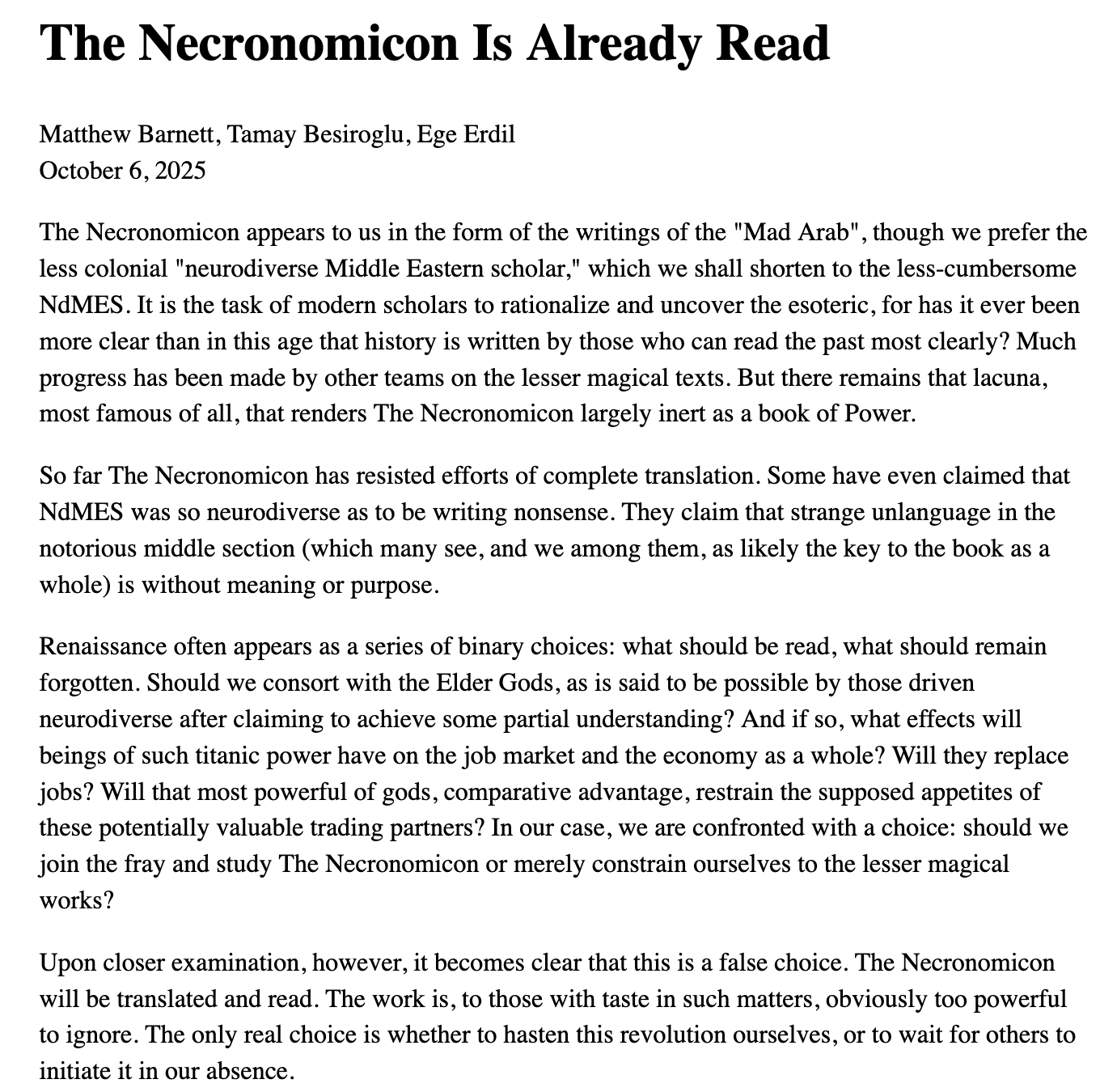The Company Man
To get to the campus, I have to walk past the fentanyl zombies. I call them fentanyl zombies because it helps engender a sort of detached, low-empathy, ironic self-narrative which I find useful for my work; this being a form of internal self-prompting I've developed which allows me to feel comfortable with both the day-to-day "jobbing" (that of improving reinforcement learning algorithms for a short-form video platform) and the effects of the summed efforts of both myself and my colleagues on a terrifyingly large fraction of the population of Earth. All of these colleagues are about the nicest, smartest people you're ever likely to meet but I think are much worse people than even me because they don't seem to need the mental circumlocutions I require to stave off that ever-present feeling of guilt I have had since taking this job and at certain other points in my life where I have felt both trapped by and complicit in fundamentally evil systems far larger than myself. As a wetsuit insulates by imbibing and transmuting the very substance that would otherwise kill the diver into an insulating layer, I maintain a self-narrative (or internal mental stance) of ironic corporate psychopathy which I think can be very psychologically healthy and, indeed, I have not required any antidepressant medication since developing and perfecting the art of prompt-engineering myself into this state. It was during a moment of personal crisis of a pronounced nature, in which I considered doing various harms to myself, including suicide, that I read a work of great insight on the corrosive effect of irony on American culture, critiquing it as a kind of anesthesia poisoning the pop cultural artifacts out of which the American soul is now woven. To a man with an amputated spirit, any talk of anesthesia can be read only as an advertisement for a balm. And so that is why I call them fentanyl zombies. And there is something comical about the fentanyl zombie, is there not? You have seen


Sorry, I was claiming I was using this rhetorical trick. I saw your "share ownership seems like a fair schelling" comment and felt like I should mention that in my reply. My "maybe more than I was imagining" was just rhetoric on my part.